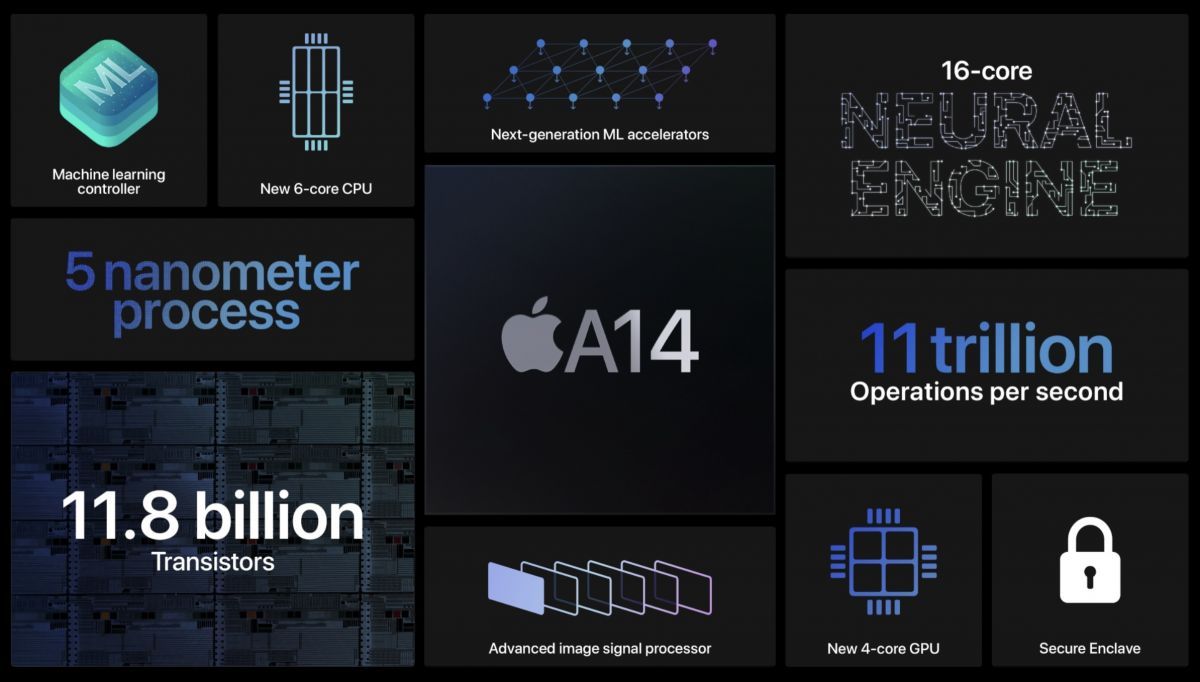- 3 hours ago
- Medhi Naitmazi
-
React
The global chip shortage induced by the COVID-19 pandemic continues to hit iPhone 12 production, despite Apple’s advantages in negotiating as a priority with many of its suppliers. So far, the company has been affected by shortages of power management chips and LiDAR components – and the situation appears to be getting worse.
Publicity

After the automobile, smartphones?
The auto industry has been hit particularly hard, with the lack of semiconductors resulting in lost revenue of around $ 61 billion. Experts now fear the impact on the consumer electronics industry may be even greater. Bloomberg reports that the coronavirus crisis has created an economic storm with a reduction in supply and an increase in demand.
The first signs of trouble appeared in the spring of 2020. The world was at the start of a mysterious pandemic, which first wiped out demand, then the internet and mobile computing were overloaded as economies recovered. This about-face – in the space of a few months – laid the groundwork for potentially the most serious shortage in years of the semiconductors that lie at the heart of everything from smartphones to cars and televisions. […]
The pandemic, social distancing in factories and increasing competition from tablets, laptops and electric cars have created some of the most difficult conditions for the supply of smartphone components in many years, ”said Neil Mawston, Analyst at Strategy Analytics. He estimates that the prices of major smartphone components, including chipsets and displays, have risen 15% in the past three to six months.
Apple said in its latest results that sales of some new high-end iPhones were being held back by a shortage of components. This is confirmed by today’s report which explains that the automotive sector was the most affected so far, leaving a little breathing space for manufacturers of smartphones, tablets and laptops. The latter took advantage of the decline in vehicle sales to appropriate the components and thus produce at least as much as usual.
General Motors Co. was forced to shut down three North American factories this month, and Ford Motor Co. braces for 20% production cut in the near term […] Chip shortages are expected to wipe out $ 61 billion in sales for automakers alone.
But according to several analysts, this shortage is far from being absorbed. In fact, that would only be the beginning. To overcome this, it would require building new production lines or factories, a process that usually takes years.
Apple is, however, in a better position than most of its competitors. Its size allows it to demand favorable contractual conditions from suppliers, which often include priority sourcing and dedicated production lines. But there are physical limitations that could force Apple to cut production on its iPhone 12s, as well as the new Macs and iPads, among others.
Publicity
–

